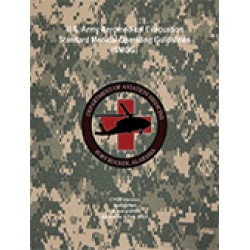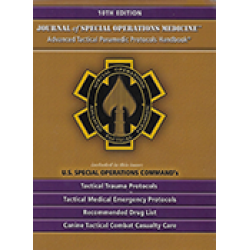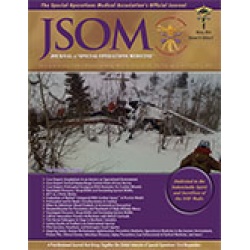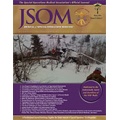Special Forces Medical Sergeants' Perceptions and Beliefs Regarding Their Current Medical Sustainment Program: Implications for the Field
Wilson RL, DeZee KJ 14(4). 59 - 69 (Journal Article)
Background: Special Forces Medical Sergeants (SFMS) are trained to provide trauma and medical care in support of military operations and diplomatic missions throughout the world with indirect physician oversight. This study assessed their perceptions of the current program designed to sustain their medical skills. Methods: An Internet-based survey was developed using the constructs of the Theory of Reasoned Action/Planned Behavior and validated through survey best practices. Results: Of the 334 respondents, 92.8% had deployed at least once as an SFMS. Respondents reported spending 4 hours per week sustaining their medical skills and were highly confident that they could perform their duties on a no-notice deployment. On a 5-point, Likerttype response scale, SFMS felt that only slight change is needed to the Special Operations Medical Skills Sustainment Course (mean: 2.17; standard deviation [SD]: 1.05), while moderate change is needed to the Medical Proficiency Training (mean: 2.82; SD: 1.21) and nontrauma modules (mean: 3.02; SD: 1.22). Respondents desire a medical sustainment program that is provided by subject matter experts, involves actual patient care, incorporates new technology, uses hands-on simulation, and is always available. Conclusions: SFMS are challenged to sustain their medical skills in the current operational environment, and barriers to medical training should be minimized to facilitate sustainment training. Changes to the current medical sustainment program should incorporate operator-level perspectives to ensure acceptability and utility but must be balanced with organizational realities. Improving the medical sustainment program will prepare SFMS for the challenges of future missions.


 Español
Español 




